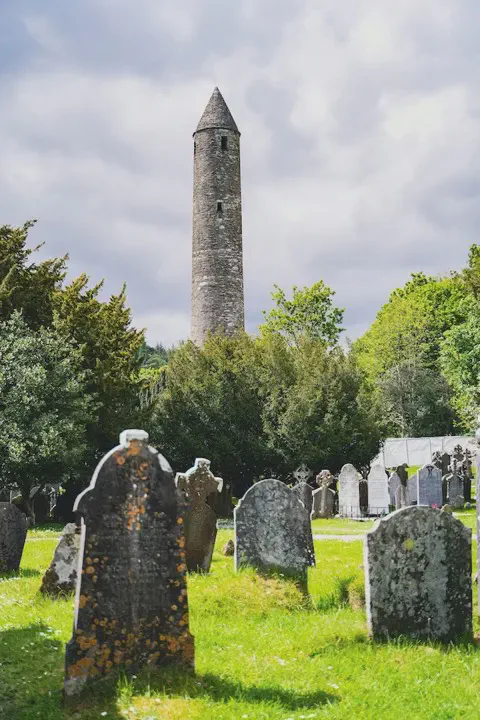- /
- Celtic calendar /
- 1st /
- January 29 /
- January 29, 1967

The Northern Ireland Civil Rights Association (NICRA) was formed in 1967. It played a crucial role in the history of Northern Ireland, particularly in the late 1960s and early 1970s, during a period known as “The Troubles.”
Background and Formation
NICRA was established against the backdrop of long-standing sectarian divisions and political inequalities in Northern Ireland. The region, part of the United Kingdom, had a Protestant majority government, which was accused of discriminating against the Catholic minority in terms of voting rights, housing, employment, and other civil rights.
Inspiration and Influences
The civil rights movement in the United States, as well as the campaign for civil rights in South Africa, inspired NICRA’s founders. They sought to adopt similar nonviolent strategies to address the injustices faced by the Catholic/Nationalist community in Northern Ireland.
Main Objectives
NICRA’s main objectives included ending gerrymandering in local elections, removing the property qualification for local government elections, stopping discrimination in housing and employment, disbanding the B-Specials (an all-Protestant police reserve perceived as biased against Catholics), and reforming the Special Powers Act, which granted the government sweeping powers of arrest and detention.
Activities and Campaigns
NICRA organized marches, sit-ins, and other peaceful protests to draw attention to these issues. Their activities aimed to raise awareness and put pressure on the Northern Irish government to implement reforms.
Bloody Sunday
One of the most significant events associated with NICRA was the Bloody Sunday incident in Derry on January 30, 1972, when British soldiers shot 26 unarmed civil rights protesters and bystanders, killing 14. This event drastically escalated the conflict in Northern Ireland and significantly increased support for the Irish Republican Army (IRA).
Impact on The Troubles
While NICRA initially had significant Protestant support and aimed to unite both communities against the injustices of the Stormont government (Northern Ireland’s parliament and government), the intensification of sectarian violence during The Troubles often overshadowed its nonviolent ethos. The organization’s activities contributed to raising awareness about the civil rights issues in Northern Ireland but also inadvertently intensified sectarian tensions.
Legacy
NICRA is remembered for highlighting systemic inequalities and injustices in Northern Ireland. Its legacy is complex, given the subsequent escalation of violence during The Troubles, but its initial aim of achieving civil rights through nonviolent means remains a significant part of Northern Ireland’s history.
NICRA’s formation and activities were pivotal in Northern Irish history, as they not only exposed underlying societal issues but also contributed to the dynamics that led to the prolonged conflict known as The Troubles.